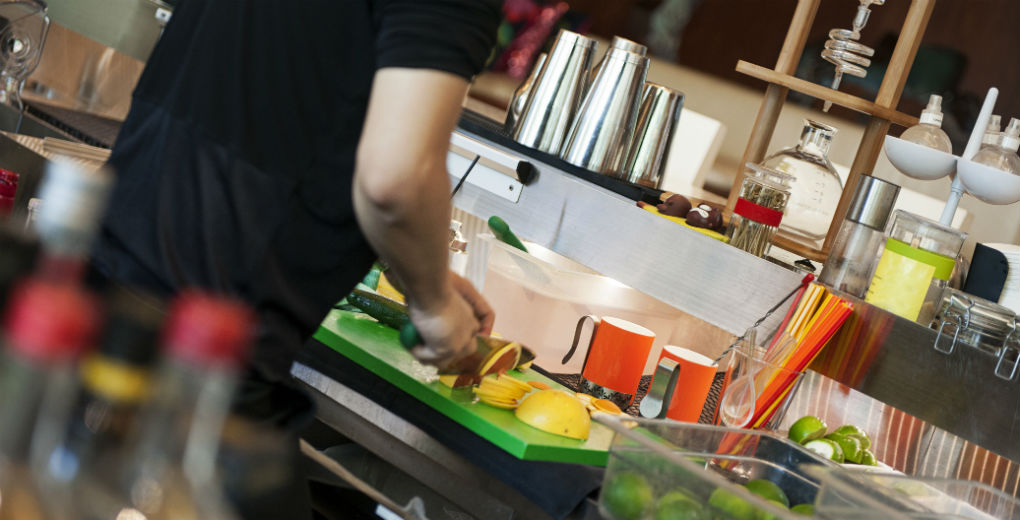Unwelcome visitors in pubs and restaurants
Rats, mice and other infestations can spell a health and safety disaster for pubs, restaurants and cafes. Discourage unwelcome guests with this advice.
Discovering a family of furry patrons is the stuff of nightmares for pub landlords and restaurant proprietors, who will have recoiled in horror at the news that a pub in Essex was recently fined £42,000 when rats were found nesting under its kitchen fridge.
An infestation of mice, rats or other vermin is a serious Health & Safety breach, and can incur fines, extermination costs and the makings of a PR crisis.
Mice pose a real threat to hospitality businesses, as they can carry diseases including Leptosperosis (Weils Disease) and Salmonellosis, a form of food poisoning which can be passed onto food and drinks. Rats can carry Lymphocytic Choriomeningitis, as well as causing allergic reactions.
A preventative approach is always best when it comes to health and safety, explains Sylvia Anderson, Managing Director of Anderson Food Hygiene.
“Brown rats are a year-round problem, and especially prolific in town centre buildings where there could be rubbish build-up and defects in town drainage.
“Country pubs near farms and arable lands or canals will also suffer.”
But don’t panic – you can drastically lower the risk of pests moving into your property with some relatively simple steps.
– Prevent rubbish build ups. Good housekeeping is the easiest way to avoid tempting vermin. Dispose of waste in a suitable bin with a close-fitting lid and clear overgrown plants outside to remove both their food source and habitat.
– Block gaps in walls or floors. Mice can squeeze through surprisingly small gaps, being between only 2cm and 7cm in length. Thoroughly check for gaps in doors, walls, skirting boards and around pipes.
– Keep outside doors closed. Kitchen doors, fire doors and back entrances should be kept closed when not in use to avoid tempting potential problems.
– Rodent-proof bins. There are a variety of mice-proof and vermin-resistant bins on the market, for use both inside and outside. If the budget won’t stretch to a new purchase, it can help to use a metal dustbin with a bungee cord to keep it shut, or lockable wheelie bins.
– Drain covers fitted correctly and not broken. Regularly check drain covers around your property and notify your local council if you spot any problems, as they could cause a variety of health hazards.
– Clean up spillages. Inside the kitchen, promptly removing spills and crumbs will help to prevent fruit flies. If you’re having problems with flies, ensure you fit working insectocutors in the kitchens and regularly and thoroughly wash bar mats, which tend to stay wet and attract organic material.
– Regular audits. As well as ensuring all staff are trained in cleaning and hygiene, it’s important for hospitality businesses to audit their food safety standards regularly.
“We would recommend all our clients have a six-monthly audit contract in place, a full food safety management system which includes cleaning schedules and employee training as part of the prevention of pests,” said Anderson.
Call the team at Lockyers to discuss pub, restaurant, café and takeaway insurance, we’re here to help.


